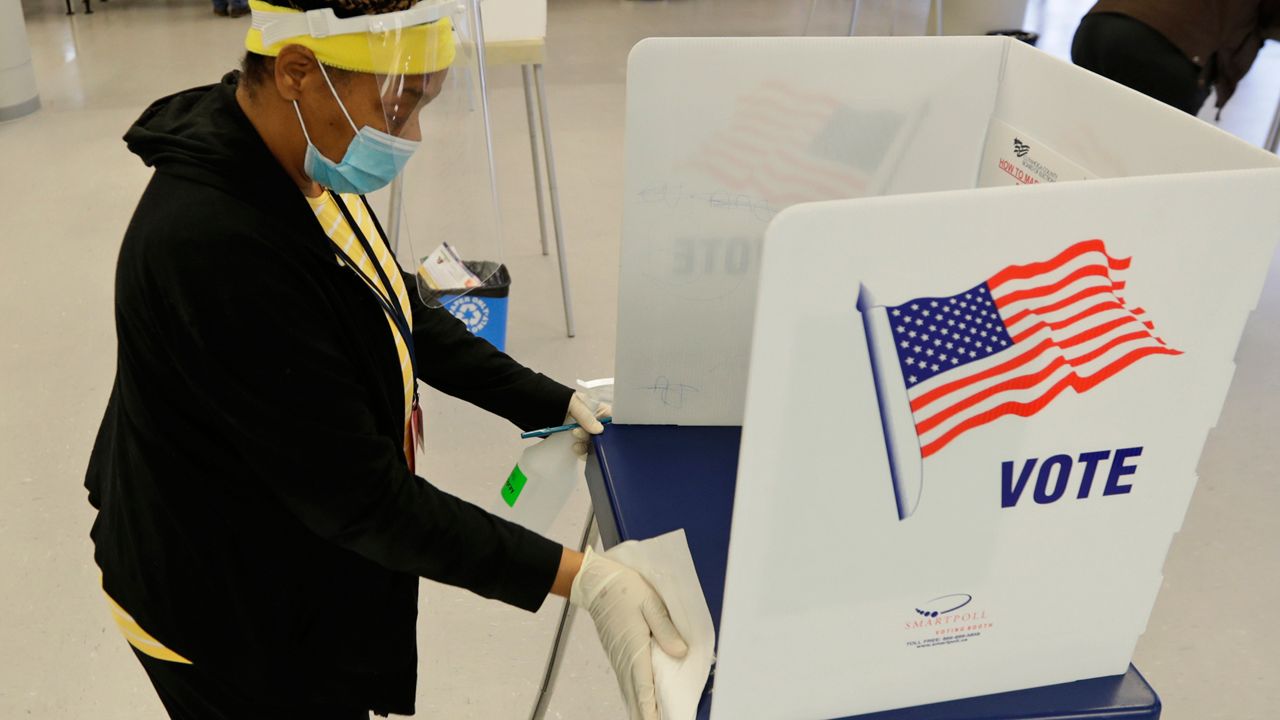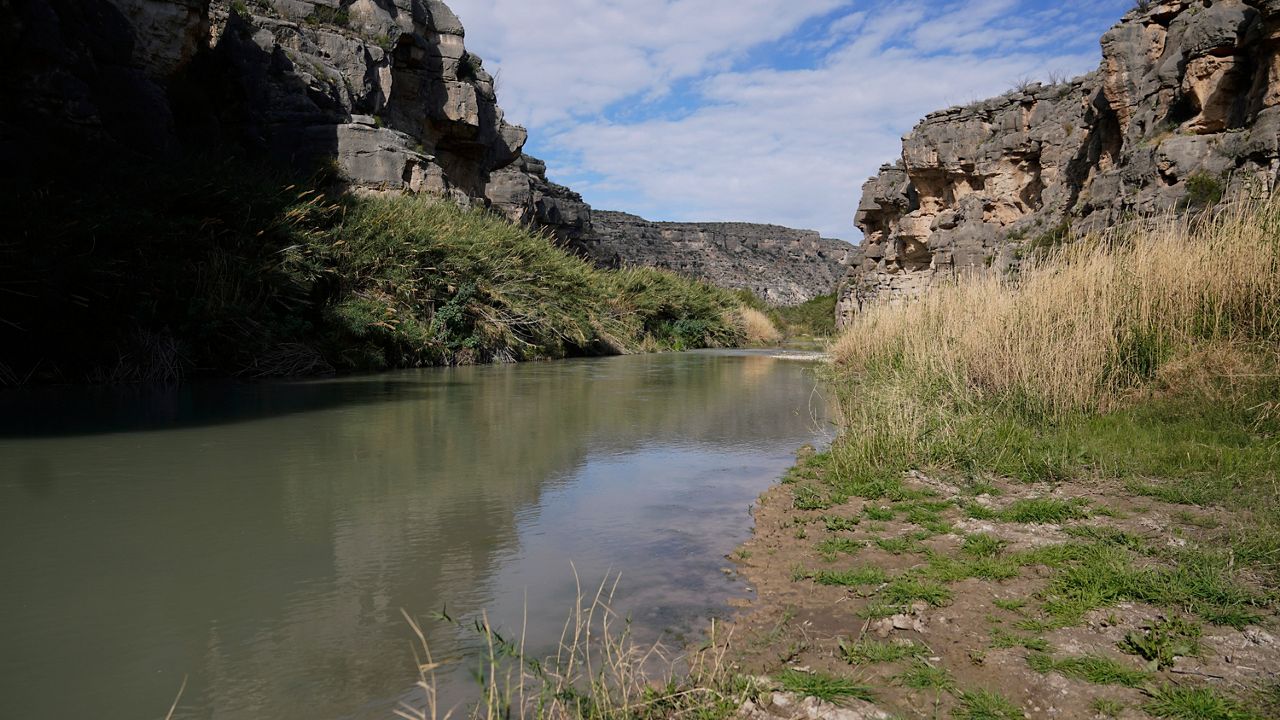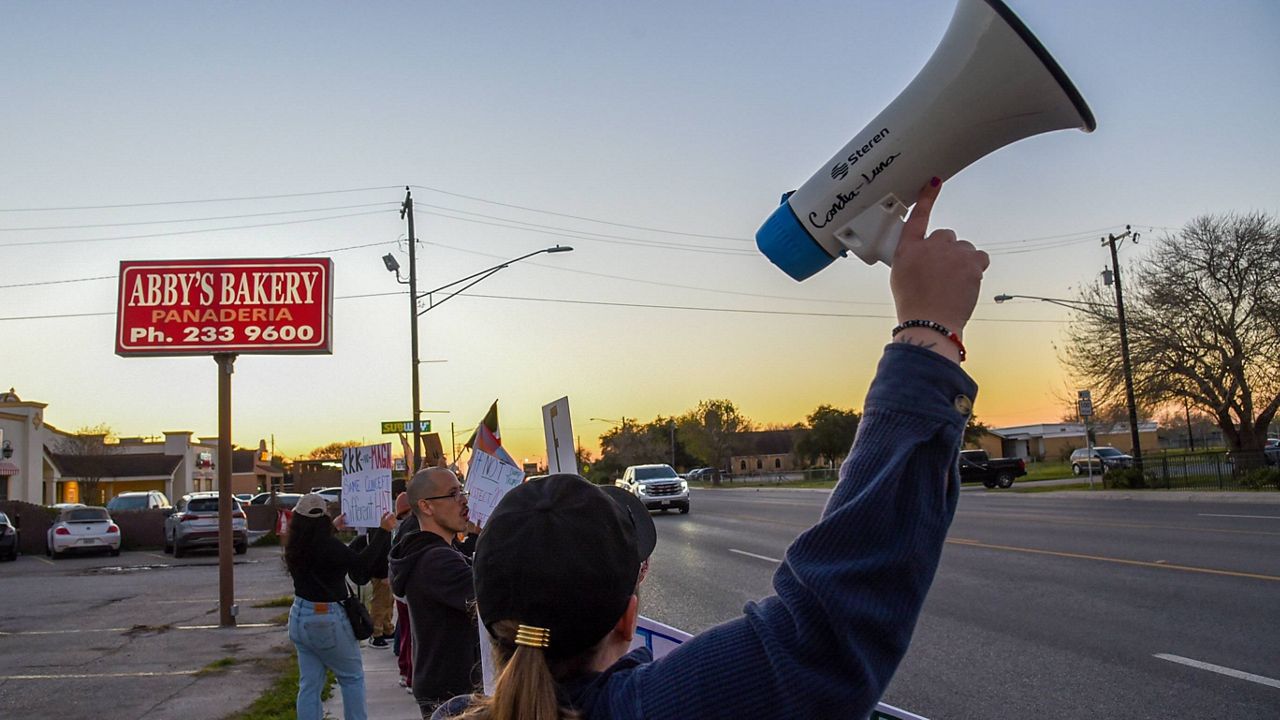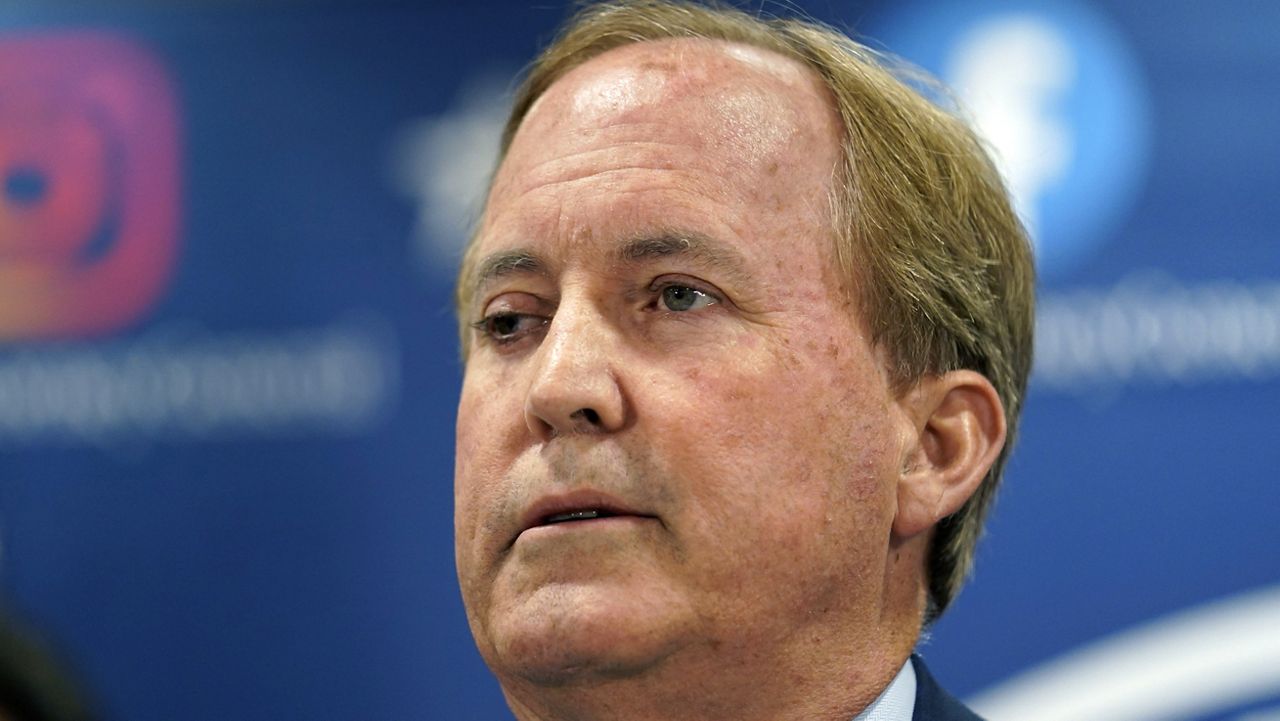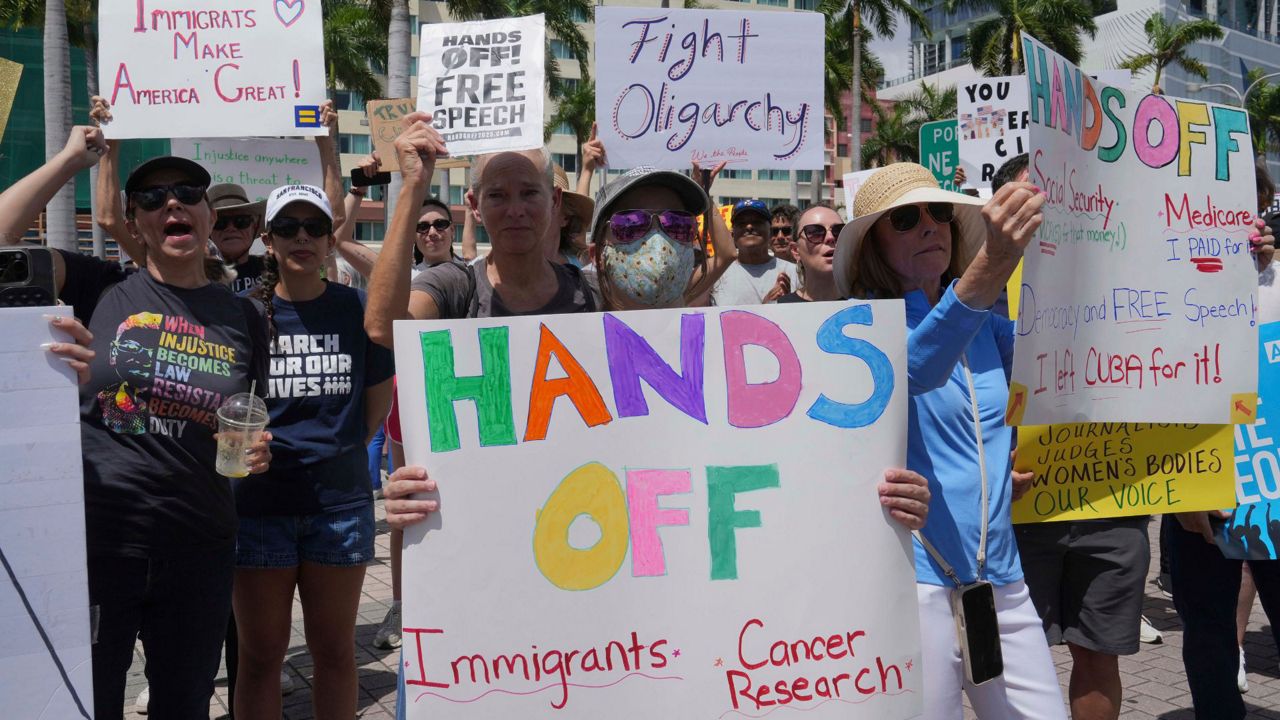AUSTIN, Texas — The national election in 2020 saw the biggest voter turnout in U.S. history, but democracy’s continuation is not a given. The last year has seen the passage of more restrictive voting laws in several states, redistricting that advantages one political party over another, rampant misinformation and an increasingly disengaged population. So where does the country go from here?
“The only way to ensure the ongoing existence of the democracy that we have an ideal about is to participate,” Voter Protection Corps adviser Scott Nathan said Saturday during a Defending Democracy panel at the SXSW conference in Austin, Texas. “Everybody has to participate. It’s not the case that you can participate in 2020 and then wait until 2024. This is 2022, and decisions are going to be made in November that will affect your lives. Everybody needs to step up now.”
A discussion that included Michigan Secretary of State Jocelyn Benson, Arizona Secretary of State Katie Hobbs and Howard University School of Law Associate Professor Justin Hansford offered ideas for the preservation of American democracy.
Democracy prevailed in 2020 because people of integrity on both sides of the aisle did the right thing and said no to the untruthful idea that the election was rigged, said Michigan Secretary of State Jocelyn Benson. “When it comes to protecting and defending democracy in the future, we need to engage citizens to build a national, nonpartisan, pro-democracy movement in this country. We are battling against a national, coordinated, multi-year, multi-faceted effort to dismantle democracy from within.”
Benson cited the new voter ID requirements in Texas that have led to the rejection of valid votes. “That is the playbook. It only stops when people stand up and say no, and when they seek political accountability by showing up on Election Day. Democracy is a team sport. It has prevailed in the past and throughout the history of this country because American people showed up and demanded that it prevail.”
Pointing out that 84% of African American voters and 63% of Latino voters identify as Democratic, Howard University Professor Justin Hansford said the places President Trump targeted to challenge the 2020 election results were not only swing states but majority minority cities, including Philadelphia, Milwaukee and Atlanta.
“We can’t ignore the fact that this battle against democracy is a reaction to the increasing diversity of our country and the increasing diversity of the American voter,” Benson said. “That is truly what’s driving a lot of this. We as a country have never had a full reckoning around racial justice. Addressing that and working and committing to build a multi-ethnic and multi-racial democracy is the ultimate long-term battle and what protecting the freedom to vote is all about.”
The 2020 election was fair, and so is the system, when every eligible voter is the given the opportunity to participate, said Arizona Secretary of State Katie Hobbs. The idea that an election can either be secure or free from fraud is a false choice, she said.
“We have to call out this false choice every time it’s pointed out,” she said, adding that “it’s incumbent upon people who conduct elections to provide transparency so people know what the systems do and know those systems are fair.”
Voters need to have transparent, reliable and easily accessible facts, Hanford added. He said he is worried about voters whose lived experiences may prompt them to believe the system is rigged because they have been economically disenfranchised by entrenched systems.
“The reality is how do you talk to folks who are believing election lies because they believe they were treated unfairly by the process, this broader sense that the government doesn’t work for them,” Benson said. “The truth is they have been treated unfairly by the elected officials who have lied to them, who have not told them about their voice and their vote and the process, that lack of respect that politicians have shown citizens by scrubbing and amplifying information to further their own political goals and partisan interest.”
The law is on the side of democracy. The truth is on the side of democracy. The Constitution, history and the American people are all on the side of democracy, Benson said. “Those are incredible things to harness and use to communicate to people who feel they’ve been left out.”
Hobbs attributed Arizona’s record turnout in 2020 to a no-excuse early vote-by-mail system. “It was the commitment of our office to invest heavily in building partnerships and in historic voter education and engagement,” she said. “We will continue to build those partnerships because that’s what it takes to make sure voters are equipped with the tools they need to participate in our democracy.”
For the 2020 election, Hansford said Historically Black Colleges and Universities, or HBCUs, trained students to become poll workers and taught them to understand the processes for voter registration. “A lot of our work was around educating students to register themselves and spread the word throughout their communities,” said Hansford, adding that students of color, who are often the first to register to vote in their families, are “a continuing untapped reservoir of voter participation.”





